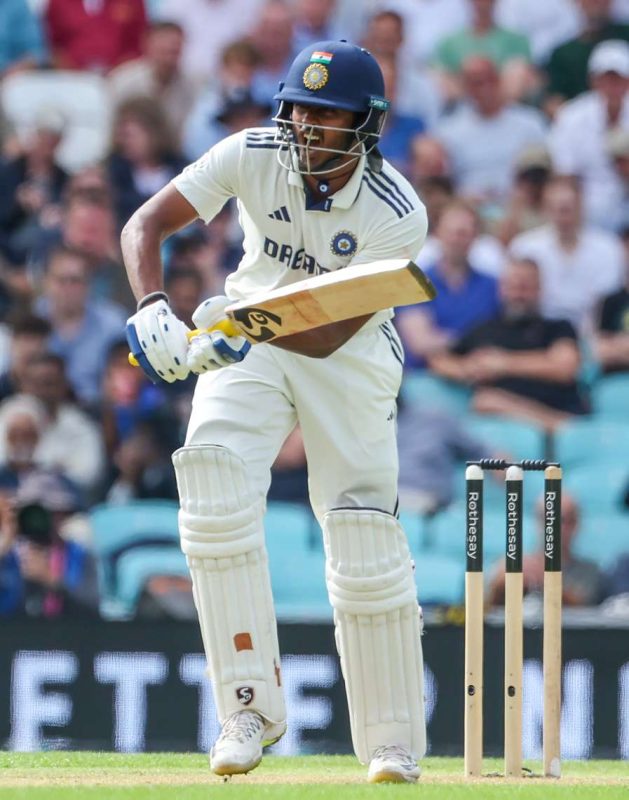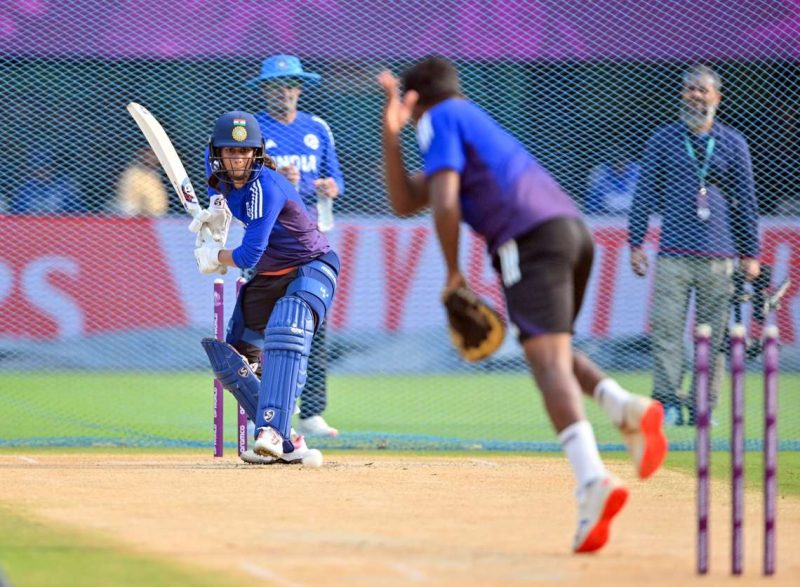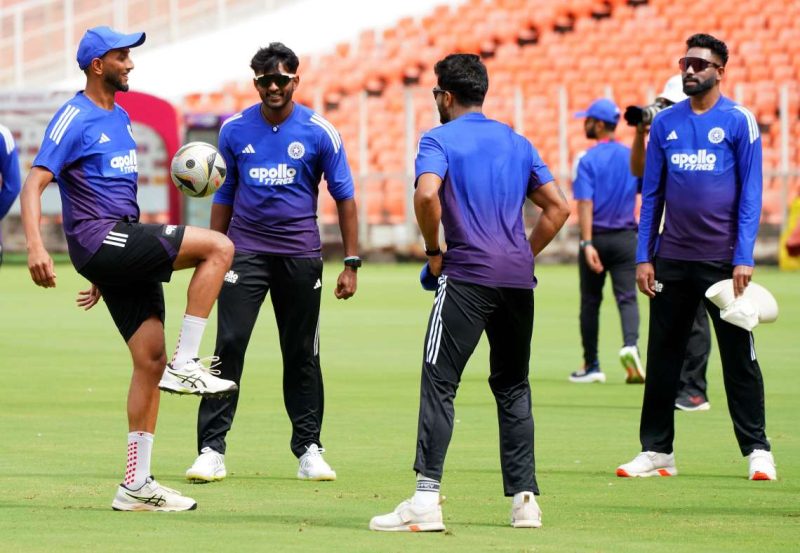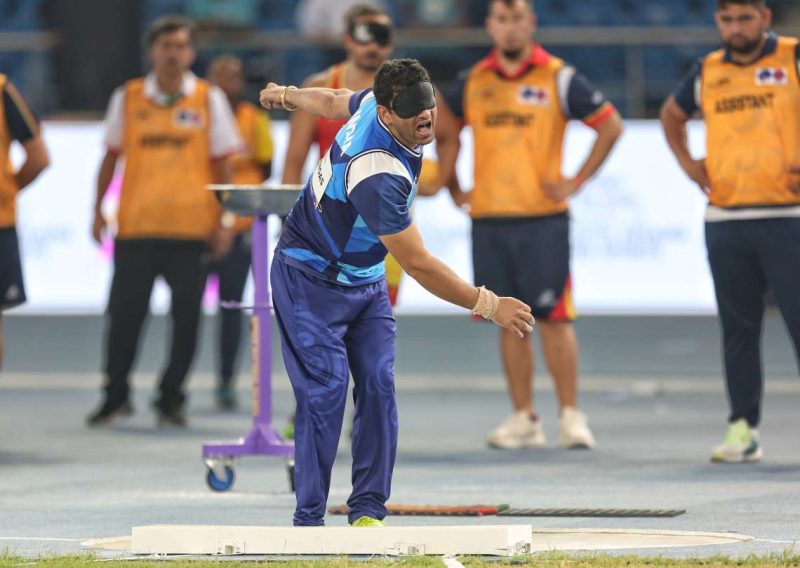In every walk of life there is today talk of conflict of interest and quid pro quo. Be it in politics, bureaucracy, the corporate world or sport, you name it and people are ready with a big list of allegations….writes Veturi Srivatsa
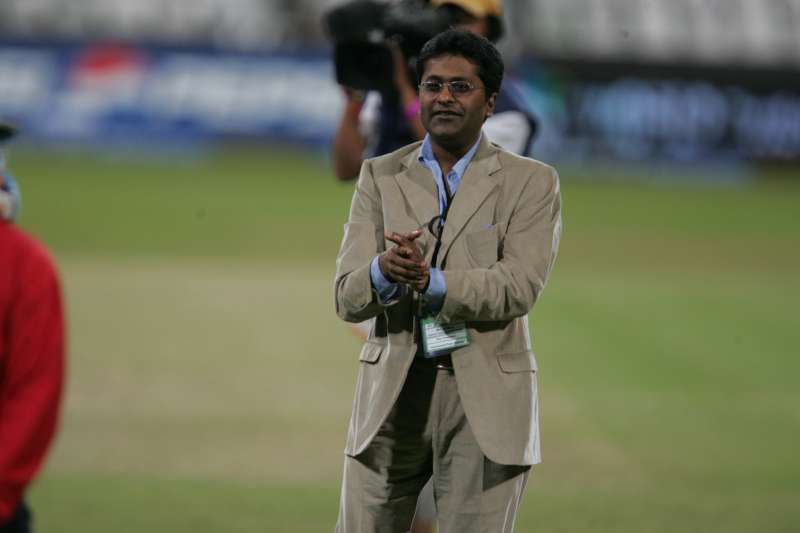
Lalit Modi – former IPL czar
Everyone thought the Lalit Modi saga will end with the Supreme Court appointed Rajendra Mal Lodha Committee presenting its report. Even before the panel could submit its final report, having dealt with the corruption in the Indian Premier League (IPL) as the first instalment, the former chairman of the highly popular Twenty20 cricket league forced his way into parliament with his well-calculated leaks involving big-time politicians across the spectrum.
How does Modi hog the limelight even after being indicted and thrown out of Indian cricket two years ago? One of the five of the eight charges the disciplinary committee of the Indian cricket board upheld was his move to start a rebel league with clubs in England, considering it an act detrimental to the interests of the controlling body of the game in the country.
Also, the canny calculator is always ready with a Plan B to keep himself afloat. Years ago he came up with a similar league long before anyone thought of such a venture is feasible to fight the board headed by Jagmohan Dalmiya. He could not have found a better person to approach than the highly acclaimed administrator Inderjit Singh Bindra, who was suspended for presenting a dossier on match fixing to the Central Bureau of Investigation (CBI).
Modi did succeed in brilliantly conceptualisng the grandiose IPL when Sharad Pawar became the board president and killing the India Cricket League (ICL) of the Essel Group, the owner of which is now ironically behind Modi’s planned rebel international cricket body he announced Monday to challenge the established International Cricket Council (ICC). He nonchalantly says all he needs for the venture is some $2 billion!
Even as he fights his case at the Enforcement Directorate (ED) and at the same time the board, Modi has shown that he is not averse to opening more fronts to take the fight to the enemy camp. He also knows some of the politicians will perforce back him in their own interest.
With the ‘gate’ suffix linked to all scandals, the Lalitgate has acquired such enormity that there have been a spate of allegations and counter allegations of all sorts by the leading lights of both the leading parties, the ruling Bharatiya Janata Party and the Congress. The speakers rummaged archives to prove the conflict of interest and quid pro quo even in the generations gone by, quoting from contentious political biographies to prove their point, not sparing the families and even the dead.
One of the points emerging from the debate was that Lalit Modi could not be brought back to face serious charges of money laundering because the then ruling party was divided over the issue. What is not said is that the Modi sympathisers in the party and coalition government had all been part of cricket administration. And some of them are there in the present regime, too.
Curiously, it turns out people in the present dispensation at the Centre have more high-profile people close to Modi than in the previous set-up. But the fact remains that the dynamic Lalit Modi can drop names without batting an eye-lid. It is no surprise for a scion of a major industrial house to have contacts in high places. The intriguing part is that he can make or mar anyone’s reputation with his selective revelations about his contacts with them.
All this has been in public domain long before the thundering assertions in the two houses of parliament. Modi can drop some more political hot potatoes to sidetrack the discourse the way he wants it.
Interestingly, the two men who want Modi back to face the ED are Finance Minister Arun Jaitley and P. Chidambaram, who also held in the portfolio in the previous government, for different reasons, though both hate his guts and impertinence.
Chidambaram, then the home minister, detested Modi for thumbing his nose at him and taking away the IPL to South Africa when he was told that the event couldn’t get adequate security because of the 2009 general elections. Jaitley found him arrogant and uncontrollable as IPL chairman and also did not like his proximity to his adversaries in the party.
Amusingly, the disciplinary committee which found Modi guilty comprised Jaitley, fellow Board vice president and Congressman Jyotiraditya Scindia and Modi’s successor as IPL chairman, industrialist Chirayu Amin. A special general meeting of the Board accepted the report and banned him from all cricket activities for life.
Modi has played a big role in bringing the Supreme Court to expose all those who he threatened to do so by providing all “manner of help” to the person who filed a public suit drawing the apex court’s attention to corruption in the IPL.
Both Modi and Board officials are playing for high stakes and so are the politicians for and against him. The “commercial” thriller is getting curioser and curioser!


